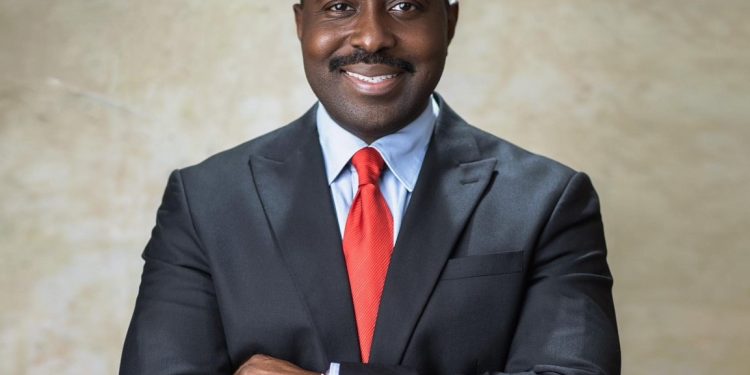Derin Phillips, a prominent advocate for children’s health and well-being, has spearheaded a medical outreach in Lagos aimed at early detection and treatment of diseases among children. The initiative, which screened over 300 children in Ikoyi on Saturday, focused on conditions such as HIV, typhoid, and hepatitis.
Phillips, who also serves as the Senior Special Assistant to the Governor on Lagos State Development and Property Corporation, highlighted the urgency of addressing healthcare gaps for children, particularly those in underprivileged communities. Speaking at the event, he explained that many preventable deaths among children are linked to a lack of timely access to medical care.
“Many children suffer from treatable illnesses simply because they cannot access healthcare,” Phillips said. “Early detection is crucial to preventing long-term complications and improving their quality of life.”
He further emphasized the ripple effect of identifying and addressing health issues at a young age, noting that a healthy childhood lays the foundation for a stronger future.
“We focus on children because detecting and treating illnesses early can transform their futures,” Phillips added. “This initiative targets those who might otherwise lack access to these vital services. If everyone contributes within their capacity, we can collectively build a healthier society.”
The outreach, conducted in collaboration with healthcare professionals and partners, offered free medical screenings, diagnoses, treatments, and educational sessions. Parents were also educated on the importance of regular health check-ups and preventive care.
Health educator Olawunmi Leji-Tewe, who participated in the programme, stressed the importance of early diagnosis. “Knowing your status early can make a significant difference. It’s about equipping families with the knowledge and tools they need to maintain good health,” she said.
The initiative received widespread support from the community, with parents expressing gratitude for the opportunity to access free healthcare for their children.
Phillips called on other stakeholders to support similar programmes that address healthcare challenges among vulnerable populations.
“This is about more than just providing medical care—it’s about creating a society where every child has a fair chance to thrive,” Phillips concluded.
The outreach serves as a reminder of the transformative power of community-driven healthcare initiatives and the critical role of individuals like Phillips in bridging healthcare gaps.

